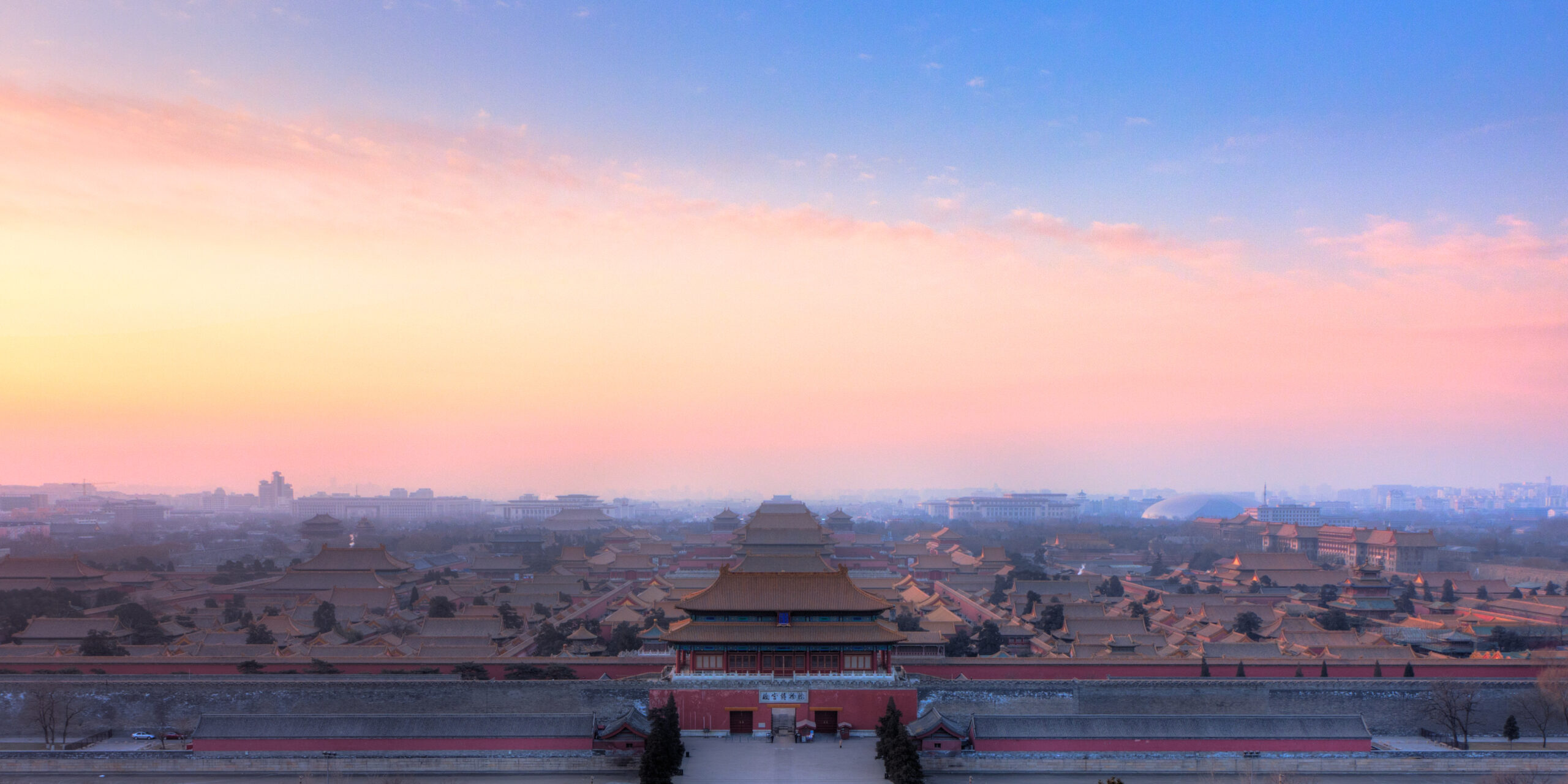Is China an enemy of Biden’s America?

By Xulio Ríos
29/01/2021
We might contextualize the most recent US policy towards China through two speeches, that of Vice President Mike Pence at the Hudson Institute in 2018, and that of Secretary of State Mike Pompeo at the Nixon Library in 2020. Both developed, to some extent, the 2017 National Security Strategy. The message is clear and twofold: China is the main threat to US hegemony, and to preserve it, it is essential to increase the pressure over China’s political system, and more precisely, on its backbone — the Communist Party. The praxis of the Trump Administration in the last four years calls to these pivots. Will Joe Biden share the same criteria?
The first step is diagnosis. The central question is to define whether we are facing an existential ideological and strategic confrontation. This should lead us to define what kind of power China will become in the years to come. Undoubtedly, China is verging on the final transition of its modernization process, which started not four years \or forty years ago, but many more years earlier. While some may be surprised by China’s technological advances, explaining it basically as piracy, one must recall the Four Modernizations program, which included science and technology and dates back to the 1960s. Military modernization, especially that of its Navy, considers the current disputes of the South China Sea or Taiwan and the fact that the invasions that aggravated Chinese decadence came by sea.
Due to its territorial and demographic dimensions, etc., stability in China, combined with a project that threads its different trajectories, provides it with a transformational potential not only of its reality but also that of the globe. Consequently, it is logical to think that a country with these characteristics can play a significant global role, as has happened in practically the entire 20th century.
The Chinese insistence on associating the defense of its sovereignty to a genuine civilizational project that takes into account its cultural and ideological bases, filtered by an adaptation that is summarized in the validity everywhere of the “Chinese characteristics”, arouses concern in Western capitals. While some still trust that systemic evolution will lead to progressive homogenization at whatever pace, others warn that rivalry is inevitable and that the more power China accumulates, the more it will become irreversible. The truth is that China, even when now is more open to socialize its values, has not shown messianic purposes, and its interest in global affairs has been stimulated to a great extent by the Western powers themselves. However, it is, in turn, true that the West was disappointed when it found that China chose to defend its points of view, not always coinciding with those of the “international community.”
We must also recognize that although China will rise to the top of world GDP in the coming years, its internal problems are of such a caliber that it will still take decades to improve other determining indices, starting with human development (85th in the ranking, 2019). Therefore, although the world status of the United States may be doomed to a progressive decline, the hypothesis of a hegemonic alternation in the international order as a result of China’s excessive ambition should yield to the vision of a multipolar order in which several actors, including the EU, are called to face shared action and a shared destiny.
Consistent with the internal logic of the confrontation that Trumpism boosted in US politics, Washington fueled confrontation on the global level as an expression of its existential anguish. The balance is regrettable. In the four years of Trump, we have all lost.
Biden: going in circles?
Dealing with China will be at the top of the post-Trump White House agenda. There is a bipartisan consensus on this, and Biden will likely change the form but not the substance, as has been widely commented. The Democratic president will undoubtedly have an easier time joining other countries in a coalition that combines economic power, values, and security, which could be accompanied by an intensification of retaliation of all kinds against Beijing in a scenario capable of leading us to repeat the cold war of the 20th century, a dichotomy between good and evil.
If we define the present as “the last threat in history to Western civilization”, we should undoubtedly bring forth the “great disintegration of the Chinese communist empire.” If, on the contrary, we recognize our differences, update the rules, and define the parameters of coexistence and joint action in the face of the serious global problems that humanity will face in this century, the option would be the opposite.
A sweetened version of Trumpism without Trump plus an anti-Chinese alliance (including a military one with the development of QUAD — Quadrilateral Security Dialogue) may well complicate things for the Asian giant. However, it may also fuel its radicalization and/or accelerate its take-off.
One can only hope that Joe Biden and his team will heed the views expressed, for example, on July 3, 2019 in the Washington Post by American personalities, former diplomats, sinologists and researchers, led among others by the recently deceased Ezra Vogel, all of them as patriotic as Trump’s followers, who signed an open letter emphatically titled: “China is not an enemy.”
In their advice to get it right there is no secret: 1) Favor solid and lasting coalitions; 2) Better understanding of China’s intentions, goals and behavior; 3) Make sure that the instruments devised by the United States and its allies correspond to their political goals and interests; 4) Reinforce the ability of the US to serve as a model for third parties; 5) Privilege cooperation with third parties and international organizations over the counterproductive strategy aimed at slowing down China’s insertion in the world. That is the rational and logical roadmap. Hopefully, the new US Administration will be swayed.
Xulio Ríos is the director of the Observatorio de la Política China and founder of the Instituto Galego de Análise i Documentación Internacional (IGADI). Casa Asia award 2021.
The opinions expressed in this publication are those of the authors. They do not purport to reflect the opinions or views of the CGI, its members or its contributors. The designations employed in this publication and the presentation of material therein do not imply the expression of any opinion whatsoever on the part of the CGI concerning the legal status of any country, area or territory or of its authorities, or concerning the delimitation of its frontiers.


